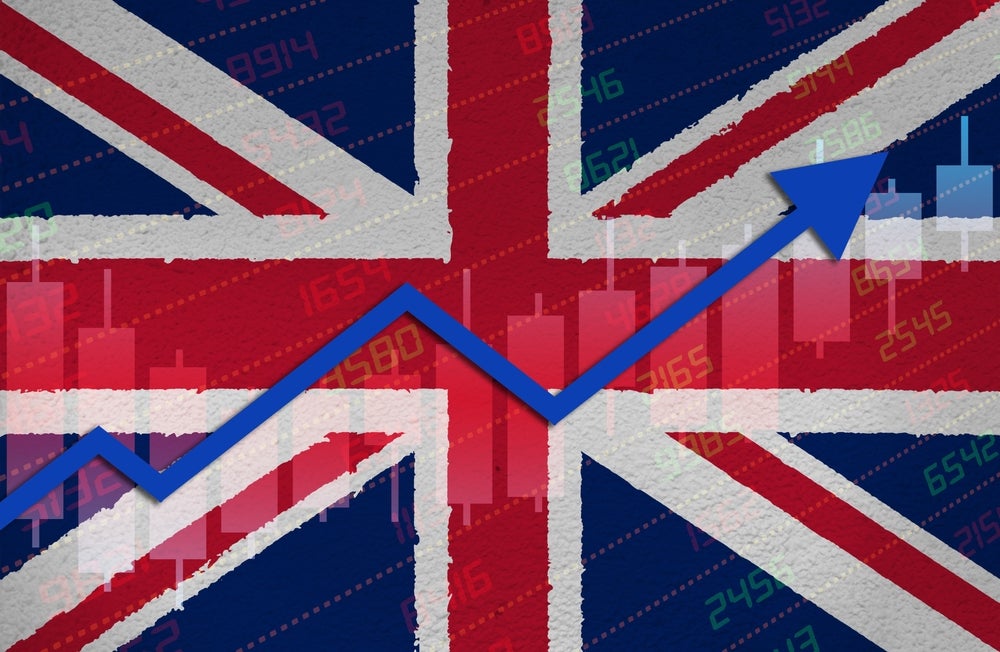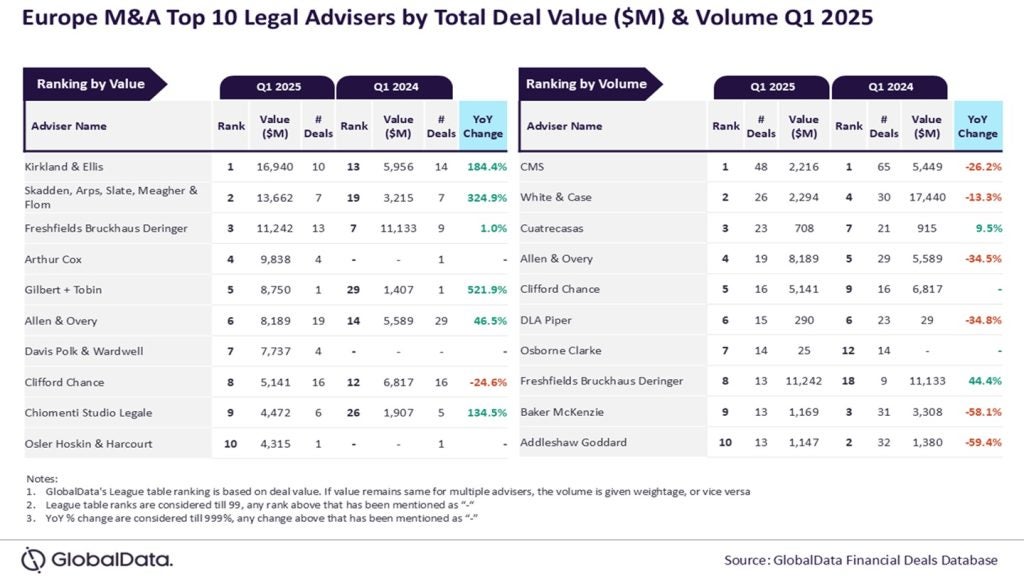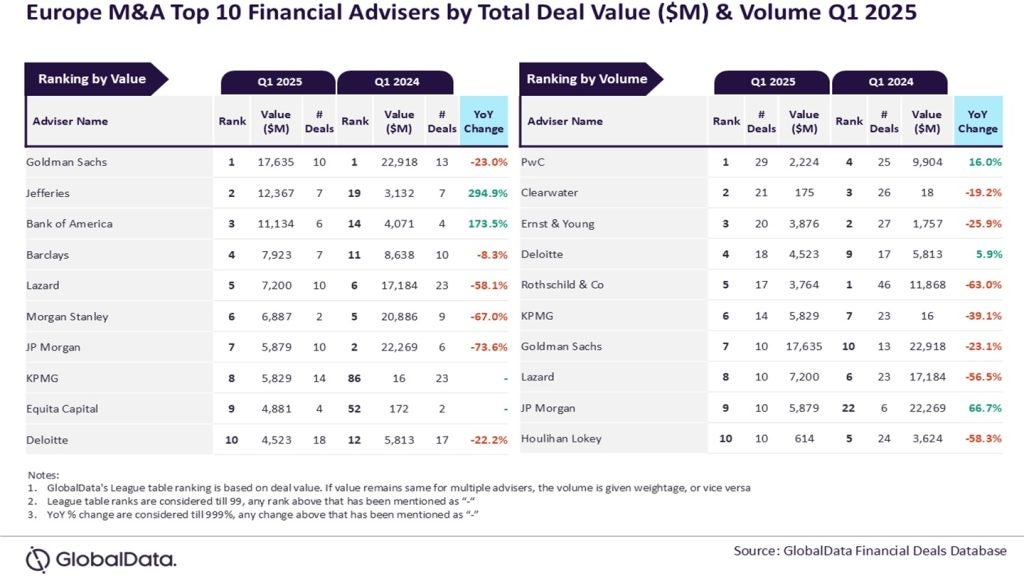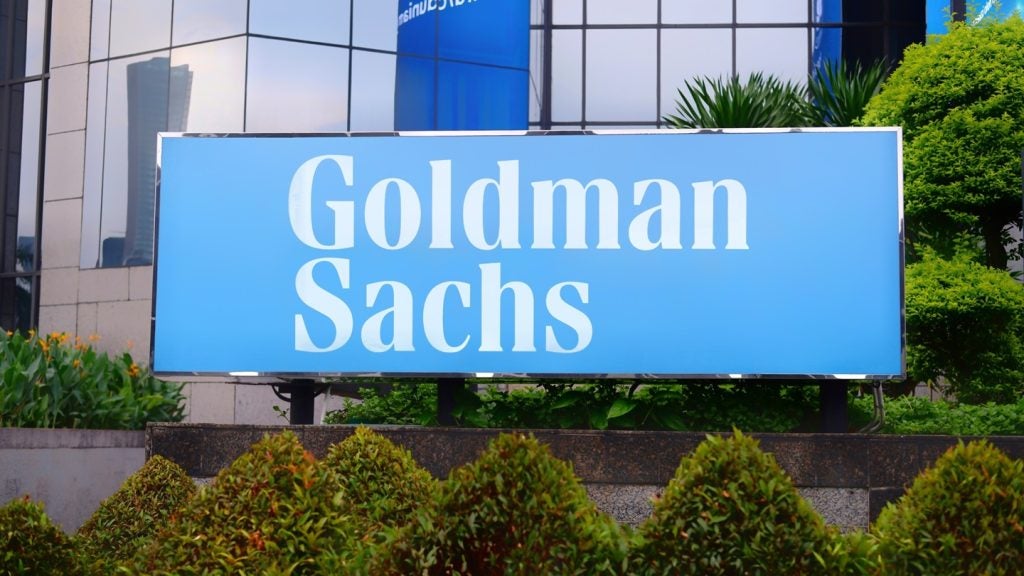
In what is becoming a frequent story, UK inflation has hit a new high of 11.1%, a level not seen since October 1981. Patrick Brusnahan asks the experts on how markets will react to UK inflation and what the financial sector can do
This dramatic rise in inflation was largely driven by fuel, food, and energy prices rising. Food inflation alone is currently skyrocketing at 16.2%.
However, some experts say this is the peak and things should stabilise and UK inflation could actually drop and aid markets.
Anna Titareva, European economist, UBS Investment Bank
UK CPI inflation rose 1pp to 11.1% y/y in October, stronger than expected (UBSe: 10.3%, consensus: 10.7%). Over 75% of the increase was driven by energy (59% y/y after 49.6%) on the back of a 25% increase in gas and electricity prices, with the rest coming from higher food prices (13.2% y/y after 11.8%). Core inflation was unchanged at 6.5% y/y – an upside surprise compared to our and consensus expectations anticipating a decline. Among the core components, goods inflation eased (6.7% y/y after 7%) with the monthly pace of price increases also slowing (0.6% m/m after 1.2%). Of note were price declines in furniture and used cars, likely reflecting a combination of weaker demand and an easing in global supply bottlenecks. In contrast, services inflation was up (6.3% y/y after 6.1%) with the monthly pace also increasing (0.7% m/m after 0.2% m/m).
Inflation has likely peaked, but will stay uncomfortably high, with upside risks
In his fiscal statement on Thursday, Chancellor Hunt is likely to outline the energy support measures as of April 2023, when the 6-month energy price guarantee for households (and businesses) comes to an end. According to press reports, this could lead to the energy price cap, currently set at £2,500, rising to around £3,000, which would imply a 20% increase in gas and electricity prices in April. While such an increase could add around 0.7pp to headline CPI in April, we think that October has marked the peak in inflation. Overall, taking into account today’s upside surprise, we now expect inflation to average 9.1% in 2022, 5.9% in 2023 and 2.3% in 2024 before returning to the 2% target only by end-2025. Overall, we think the risk to inflation remains skewed to the upside. While tighter fiscal policy implies some downside risks, uncertainty around energy and food prices and wage pressures imply upside risks to inflation.
UK inflation: Labour markets remains tight despite signs of cooling down
The November labour market report (published yesterday) showed ongoing labour market tightness with constrained labour supply pushing wage growth higher, despite some signs of cooling down. The unemployment rate rose marginally by 0.1pp to 3.6% in September with the employment rate staying broadly unchanged at 75.5%. While the inactivity rate declined by 0.1pp to 21.6%, it was the second highest since 2017, driven by record levels of those on long-term sick leave. The more timely October vacancy data showed a fifth consecutive monthly decline. Nevertheless, the overall level of vacancies (1.2m) remained historically high. Most importantly, average weekly earnings growth showed no strong signs of slowing, staying broadly unchanged at 6% y/y including bonuses and rising 0.2pp to 5.7% excluding bonuses.
We expect another 75bp BoE hike in December (4.5% terminal); risk of less
Today’s inflation print has likely come as a moderate upside surprise to the BoE as well, with the MPC expecting October inflation to rise to “almost 11%”. A combination of higher services inflation and another solid wage growth print is also likely to be of concern for the Committee amid its focus on inflation persistence. Overall, we continue to expect the BoE to deliver another 150bp of hikes, taking Bank Rate to 4.5% by March 2023. However, we reiterate that risks to the pace of rate hikes (75bp vs 50bp in December) and the level of the terminal rate appear to be skewed to the downside amid a weaker economic outlook and likely more fiscal tightening. The next key signpost will be the autumn fiscal statement tomorrow.
Jack Roberts, CEO, SlothMove.com
Rumours of this housing market’s demise have been greatly overstated all year but it’s safe to say it’s now on the slide. A dive in property prices is now inevitable, but it remains to be seen whether there’ll be some grace in the execution, rather than a painful belly flop.
That may well be wishful thinking. Record-breaking inflation, exceeding even some of the gloomiest predictions, will not be righted quickly and the autumn statement is unlikely to jolt house buyers into action any time soon.
First-time buyers are likely to put their feet up in the months to come and wait as falling prices bring the bottom rung of the property ladder back into reach. This is what could make a steeper correction a self-fulfilling prophecy. The housing market may deliver its own Black Friday by the spring.
Carla Hoppe, founder, Wealthbrite
Inflation is to cash what a moth is to your favourite jumper. Three questions all savers should be asking in a high-inflation environment are, what are my savings goals, how quickly would I need access to my cash if my saving goal is met, and am I getting the best reward for the hard work I’ve put in to save? It may feel like hard work but switching accounts can be a simple and effective way to get a higher interest rate on cash savings. Many banks can now do a switch for you in a matter of days, taking away a lot of the admin hassle. For people with longer term savings goals, investing may be the ticket to beating inflation. Take a look at investment options such as a Stocks and Shares Individual Savings Account (ISA). Only 5% of the UK population use a Stocks & Shares ISA but they can offer a great and tax-efficient way to protect your savings. Of course, as with any investment the value of your money may go up as well as down.
David Robinson, co-founder and financial planner, Wildcat Law
Inflation is the Grinch that will ruin many a Christmas this year. Like a disease, inflation is bad news for everyone, from savers to borrowers. Whilst savers may benefit from interest rate rises, they will be nowhere near close to replacing the loss in value due to inflation. For borrowers they will face the dual problem of rising prices and the increased cost of serving any debt that was not on a fixed rate. In a country that has historically put a lot of Christmas expense on credit cards, that is very bad news. Expect the British economy to be the sick man of both Europe and the main economic nations in 2023. How long before ministers start comparing our economy to Russia’s in a desperate attempt to cover their chronic mismanagement?
Jeremy Batstone-Carr, European strategist, Raymond James
Today’s high inflation data will make for worrying reading for UK consumers looking ahead to the busy Christmas season, but amongst the winter gloom there are signs that the new year will bring fresh hope of more stable prices.
October’s Consumer Price Inflation (CPI) rate of 11.1% was an 0.9% increase from the previous month, with elevated food prices contributing to a rising overall figure. The figure was largely driven by the increase in the energy price cap at the start of the month, which could have added as much as 0.7%-points to October’s numbers.
However, the imminent Autumn Statement could help to stem the inflationary tide. It is expected that tomorrow we will see significant fiscal tightening, which will have a marked effect on economic activity, driving down demand and helping to rein in inflation. It will come as a relief to the Bank of England that fiscal policy is now playing its part in the battle to control inflation, and as such the pressure on the Bank to keep hiking rates will likely ease in the months ahead.







